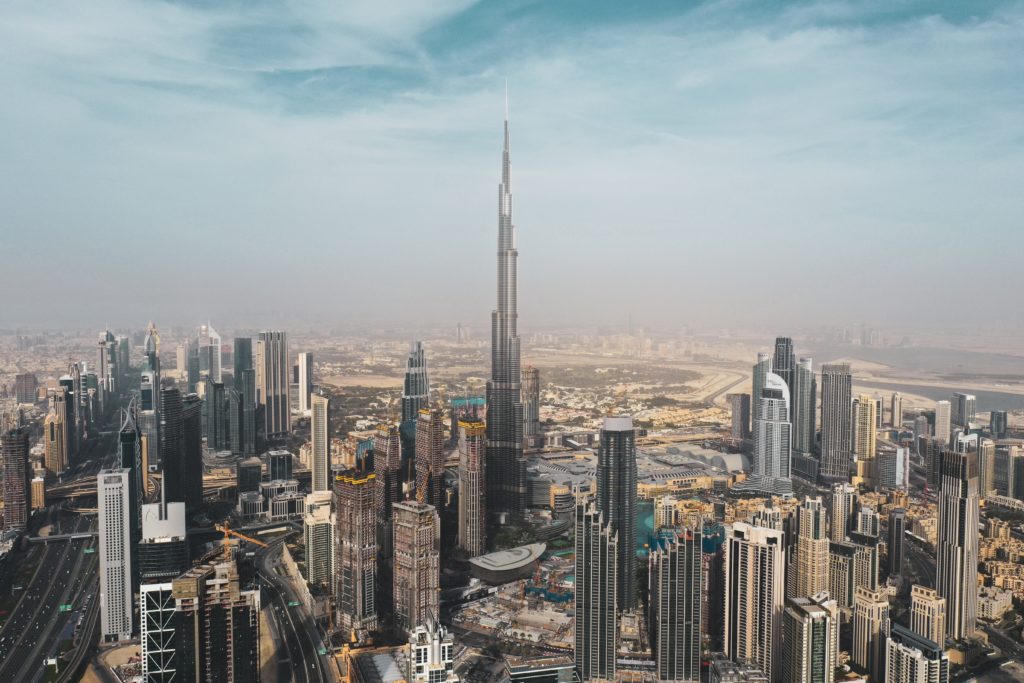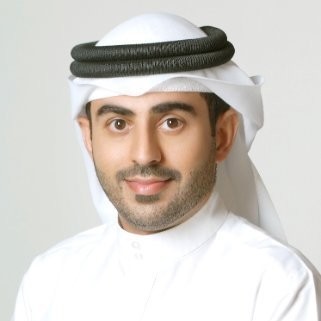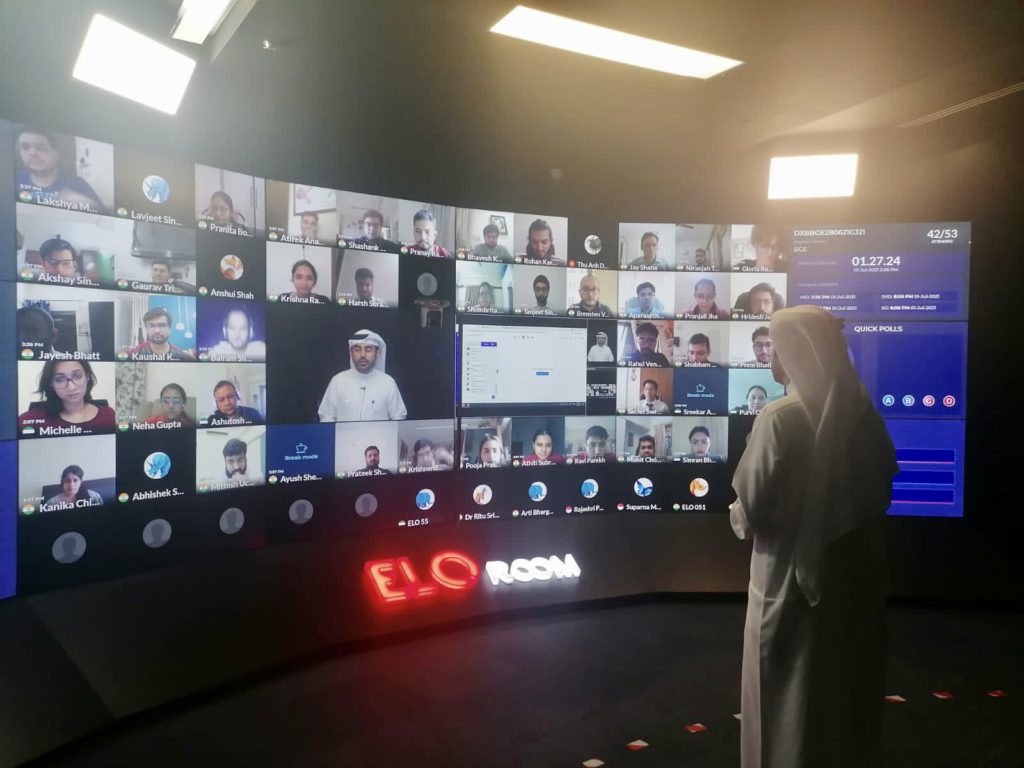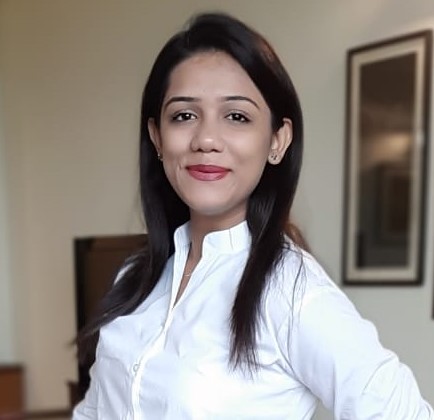Helicopter view – Legal and Operational landscape of business in Dubai
As part of the Business and Global Economy course (taught by Prof Richie Santosdiaz), SP Jain’s Global MBA students recently interacted with Ayman Al Awadhi, award-winning Emirati Entrepreneur, and MD – Corporate Business Services (CBS), UAE. The objective of the talk was to gain local expertise and insights on the business economy in the UAE and its position in the global context – exploring the challenges and opportunities, especially in the context of the ongoing pandemic and the upcoming Expo 2021.

About the Guest Speaker – Ayman Al Awadhi (MD – Corporate Business Services UAE)

Ayman Al Awadhi (MD – Corporate Business Services UAE) is an Emirati entrepreneur with a vision to bring the best of products and services to the UAE and the surrounding regions. He aims to do so by extending his experience and know-how to attract international firms of all sizes and enabling them to conduct business. He currently runs CBS as a leading Emirati professional service provider for end-to-end business setup and company formation solutions in the UAE, being recognised among the top Dubai SME 100, Superbrands of UAE 2025, and as a strategic partner for the Dubai Foreign Direct Investment (a part of Dubai Economic Development).
Key Takeaways from the Session –
- For students with the entrepreneurial aim of setting up a business firm in the UAE, Mr Al Awadhi shared his expert insights into business operations in the UAE.
- The free trade zones, as we know them today, were the result of a posed limitation that FDI saw due to the mainland’s traditional business regulations.
- While the UAE is now home to 45 free zones, the concept was introduced to the country with Jebel Ali Free Zone. Mr Al Awadhi shed light on the flexibility to choose from either of the operational models – Mainland or Free Zone and went in to inform students about several attractions that free zones provide to global as well as local businesses, including tax benefits.

- Like every country, business operations in the UAE are also classified based on industries and the types of products/services. The regulations of different industries are governed by different authorities. For example, an aspiring businessman looking to invest in a healthcare facility in the UAE should look up to Dubai Healthcare Authority for necessary approvals. Similarly, someone wishing to trade in chemicals should seek approvals from the Ministry of Environment.
- Mr Al Awadhi also emphasised the importance of licensing and how crucial it is to understand the approval and licensing process to structure the business budget well. Discussing the fair tax system – that UAE only has a Value-Added Tax (VAT) of 5% with no income tax and no corporate tax – he informed students about practices such as Ultimate Beneficiary Owner (UBO), Economic Substance Regulation (ESR), and Anti Money Laundering Law that would touch the business nature and require awareness for any sort of annual filings.
- The session also highlighted the legal structures that the UAE has for different categories of business setups including single-owner, multi-owner, and branch. UAE currently stands at the 16th position worldwide in the ease of doing business. With tax reforms and recent practices, the blockchain hub will further lead and regain its position, moving up the ladder.
About the Author: Pranjali Jha (GMBA – CMM – 2020)

Pranjali Jha, based out of Faridabad (India) worked as a marketer with Nestle for 3+ years before joining the Global MBA program (Contemporary Marketing Management Specialisation) at SP Jain. Aspiring to excel in building and managing a brand for a tech firm, Pranjali leads by example. She enjoys brainstorming discussions and is open to learning from even the tiniest sources and apply them wherever relevant.
Click here to read more blogs from SP Jain Community.

